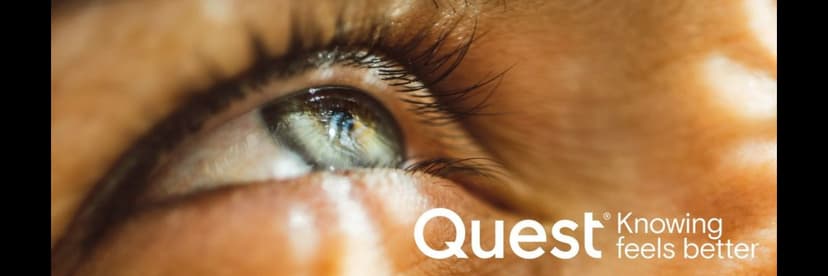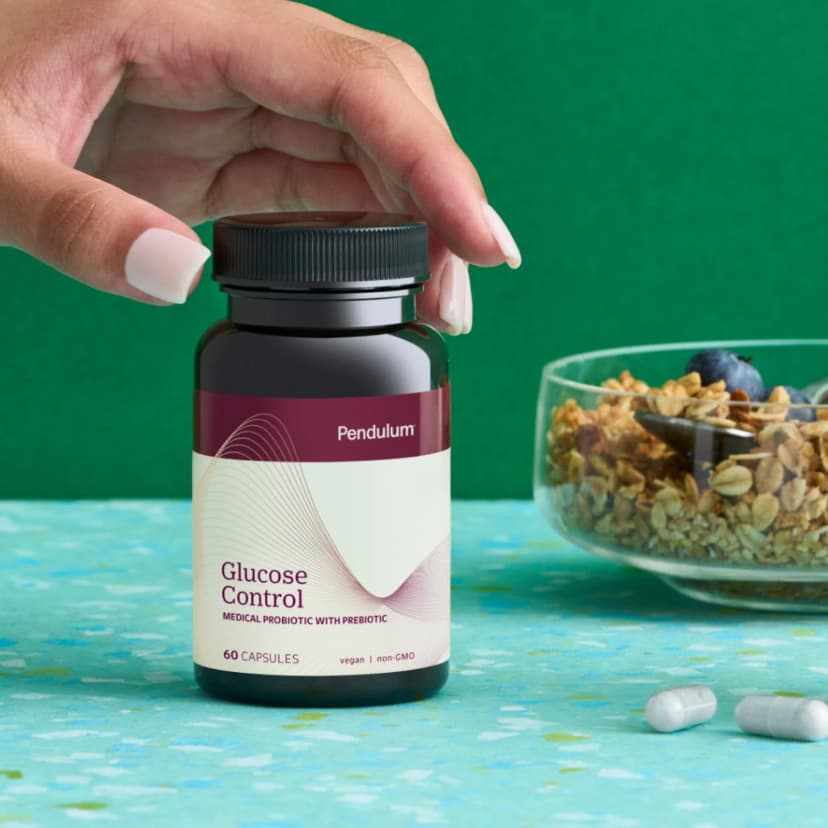Cholesterol is a waxy substance found in your blood that your body needs to build healthy cells. However, having too much cholesterol can lead to serious heart problems. Understanding the different types of cholesterol and their impact on heart health is crucial for managing your risk of heart disease. This article will explore cholesterol levels, risk factors for heart disease, the role of diet, preventive measures, medical treatments, and new research in this area.
Key Takeaways
- Cholesterol is essential for your body but having high levels can cause heart disease.
- There are two main types of cholesterol: HDL (good) and LDL (bad).
- Lifestyle choices like diet and exercise can greatly affect cholesterol levels.
- Regular health check-ups can help monitor cholesterol and heart health.
- New research is changing how we view the relationship between cholesterol and heart disease.
Understanding Cholesterol and Its Types
What is Cholesterol?
Cholesterol is a waxy substance found in your blood. Your body needs it to build healthy cells, but too much cholesterol can increase your risk of heart disease. High cholesterol can lead to fatty deposits in your blood vessels, making it hard for blood to flow through your arteries.
Good Cholesterol (HDL) vs. Bad Cholesterol (LDL)
There are two main types of cholesterol:
- High-Density Lipoprotein (HDL): Often called "good cholesterol," HDL helps carry cholesterol to your liver, where it can be removed from your body.
- Low-Density Lipoprotein (LDL): Known as "bad cholesterol," LDL can build up in the walls of your arteries, leading to heart disease over time.
| Type of Cholesterol | Function | Impact on Health |
|---|---|---|
| HDL | Carries cholesterol to the liver | Reduces heart disease risk |
| LDL | Transports cholesterol throughout the body | Increases heart disease risk |
Role of Triglycerides in Heart Health
Triglycerides are another type of fat found in your blood. High levels of triglycerides can also increase your risk of heart disease. They are often linked to obesity, lack of exercise, and a diet high in carbohydrates.
Understanding cholesterol and its types is crucial for maintaining heart health. Regular check-ups can help monitor your cholesterol levels and guide you in making healthier choices.
Risk Factors for High Cholesterol and Heart Disease
Genetic Predispositions
Some people are more likely to have high cholesterol due to their family history. If your parents or siblings had high cholesterol or heart disease, you might be at a higher risk. Genetics can play a big role in how your body processes cholesterol.
Lifestyle Factors
Your daily habits can greatly affect your cholesterol levels. Here are some key lifestyle factors:
- Diet: Eating too much saturated fat and trans fats can raise your cholesterol.
- Physical Activity: Not getting enough exercise can lead to higher LDL (bad cholesterol) levels.
- Smoking: This can lower your HDL (good cholesterol) levels.
- Weight: Being overweight can increase your risk of high cholesterol.
Medical Conditions Influencing Cholesterol Levels
Certain health issues can also impact your cholesterol:
- Diabetes: High blood sugar can lead to higher cholesterol levels.
- Chronic Kidney Disease: This can make it harder for your body to manage cholesterol.
- Hypothyroidism: An underactive thyroid can raise cholesterol levels.
Managing your cholesterol is important for heart health. Regular check-ups can help you stay informed about your levels and risks.
Impact of Diet on Cholesterol Levels
Foods to Avoid for Healthy Cholesterol
To maintain healthy cholesterol levels, it's important to limit certain foods. Here are some to avoid:
- Trans fats: Often found in processed foods, these fats can raise bad cholesterol (LDL) and lower good cholesterol (HDL).
- Saturated fats: Common in red meat and full-fat dairy, these can increase LDL levels.
- Processed meats: Items like bacon and sausages can contribute to higher cholesterol levels.
Beneficial Foods for Cholesterol Management
Incorporating the right foods can help manage cholesterol levels effectively. Consider adding:
- Oats: Rich in soluble fiber, they can help lower LDL cholesterol.
- Nuts: Almonds and walnuts are great for heart health.
- Fatty fish: Salmon and mackerel provide omega-3 fatty acids, which are beneficial for heart health.
Role of Red Meat and Plant Proteins
Recent studies suggest that replacing red meat with plant proteins can be beneficial. Here’s a quick comparison:
| Food Type | LDL Impact | Health Benefits |
|---|---|---|
| Red Meat | Increases LDL | High in saturated fats |
| Plant Proteins | Lowers LDL | High in fiber and nutrients |
Diet plays a crucial role in heart health. While cholesterol levels are important, the overall quality of your diet matters even more.
Preventive Measures for Heart Disease
Importance of Regular Exercise
Regular physical activity is crucial for maintaining heart health. Engaging in at least 30 minutes of exercise most days can significantly lower your risk of heart disease. Here are some benefits of regular exercise:
- Helps control weight
- Lowers bad cholesterol (LDL)
- Increases good cholesterol (HDL)
Dietary Recommendations
Eating a balanced diet is essential for heart health. Focus on:
- Fruits and vegetables
- Whole grains
- Lean proteins like chicken and fish
- Healthy fats, such as those found in nuts and olive oil
Avoid:
- Trans fats
- Processed foods
- Excessive salt and sugar
Smoking and Alcohol Consumption
Avoiding smoking is one of the best ways to protect your heart. If you smoke, consider joining a cessation program. Additionally, if you drink alcohol, do so in moderation. Here are some tips:
- Seek support from friends or professionals to quit smoking.
- Limit alcohol to one drink per day for women and two for men.
- Stay informed about the risks of smoking and excessive drinking.
Making these lifestyle changes can greatly improve your heart health and reduce the risk of heart disease.
Medical Interventions and Treatments
Medications for Managing Cholesterol
Managing cholesterol often requires medications, especially when lifestyle changes are not enough. Common types of medications include:
- Statins: These help lower LDL cholesterol.
- Bile Acid Sequestrants: These drugs help remove cholesterol from the bloodstream.
- Cholesterol Absorption Inhibitors: These reduce the amount of cholesterol absorbed from food.
It's important to follow your doctor's advice when taking these medications.
When to Seek Medical Advice
You should consult a healthcare provider if you experience:
- High cholesterol levels despite lifestyle changes.
- Symptoms like chest pain or shortness of breath.
- Family history of heart disease.
Role of Regular Health Screenings
Regular health check-ups are crucial for monitoring cholesterol levels and overall heart health. Here’s why:
- Early Detection: Catching high cholesterol early can prevent heart disease.
- Personalized Treatment: Regular screenings help tailor treatments to your needs.
- Tracking Progress: Monitoring helps assess the effectiveness of your treatment plan.
Regular check-ups can save lives by identifying risks before they become serious.
Cholesterol Management in Special Populations
Children and Adolescents
Managing cholesterol in young people is crucial as high cholesterol can start early in life. Regular screenings are recommended starting at age nine. Here are some key points:
- Children with a family history of high cholesterol should be screened earlier.
- Healthy lifestyle choices, like a balanced diet and physical activity, are essential.
- Parents should encourage healthy eating habits to set a good example.
Elderly Population
Older adults often face unique challenges with cholesterol management. Here are some considerations:
- Regular check-ups are important as cholesterol levels can change with age.
- Medications may be necessary for those with high cholesterol levels.
- A heart-healthy diet can help manage cholesterol effectively.
People with Chronic Conditions
Individuals with chronic health issues need special attention regarding cholesterol. Here’s what to keep in mind:
- Conditions like diabetes can affect cholesterol levels, requiring more frequent monitoring.
- Medications may interact with cholesterol treatments, so consulting a doctor is vital.
- A tailored diet plan can help manage both cholesterol and the chronic condition.
Managing cholesterol is not just about medication; it involves a comprehensive approach that includes diet, exercise, and regular check-ups.
Emerging Research and Controversies
Conflicting Studies on Dietary Cholesterol
Recent studies have shown mixed results regarding the impact of dietary cholesterol on heart health. Some research suggests that dietary cholesterol may not significantly affect blood cholesterol levels for most people. This has led to debates among health experts about dietary guidelines.
New Findings on Red Meat and Heart Disease
Research continues to explore the relationship between red meat consumption and heart disease. Some studies indicate that high intake of red and processed meats may increase the risk of heart disease, while others suggest that the type of meat and cooking methods play a crucial role. Here are some key points:
- Processed meats are often linked to higher health risks.
- Grass-fed meats may have different health impacts compared to grain-fed.
- Cooking methods, such as grilling or frying, can create harmful compounds.
Future Directions in Cholesterol Research
As science evolves, new areas of research are emerging:
- Gut microbiome: Studies are looking at how gut bacteria influence cholesterol levels and heart health.
- Genetic factors: Understanding how genetics affect cholesterol metabolism is becoming a focus.
- Plant-based diets: Research is examining the benefits of plant-based diets on cholesterol and heart disease risk.
Ongoing research is essential to clarify the complex relationship between diet, cholesterol, and heart health. As new findings emerge, dietary recommendations may continue to evolve.
Conclusion
In summary, cholesterol levels play a significant role in heart health. Having too much bad cholesterol (LDL) can lead to serious issues like heart disease, while good cholesterol (HDL) helps protect your heart. It's important to keep an eye on your cholesterol through regular check-ups and make healthy choices in your diet and lifestyle. Eating more fruits, vegetables, and whole grains, along with staying active, can help maintain healthy cholesterol levels. Remember, managing cholesterol is a team effort between you and your healthcare provider. By working together, you can lower your risk of heart disease and lead a healthier life.
Frequently Asked Questions
What is cholesterol and why is it important?
Cholesterol is a waxy substance in your blood that your body needs to build healthy cells. However, too much cholesterol can lead to heart problems.
What’s the difference between good and bad cholesterol?
Good cholesterol, known as HDL, helps remove cholesterol from your blood. Bad cholesterol, called LDL, can build up in your arteries and cause heart disease.
How can I lower my cholesterol levels?
You can lower your cholesterol by eating healthier foods, exercising regularly, and avoiding smoking. Sometimes, medication may also be needed.
What foods should I avoid to keep my cholesterol low?
Try to avoid foods high in saturated fats and trans fats, such as fried foods, fast food, and processed snacks.
How often should I check my cholesterol levels?
It's recommended to get your cholesterol checked every five years starting from age nine. If you have risk factors, you may need to check more often.
Can high cholesterol be inherited?
Yes, high cholesterol can run in families. However, lifestyle choices also play a big role in managing your cholesterol levels.



















